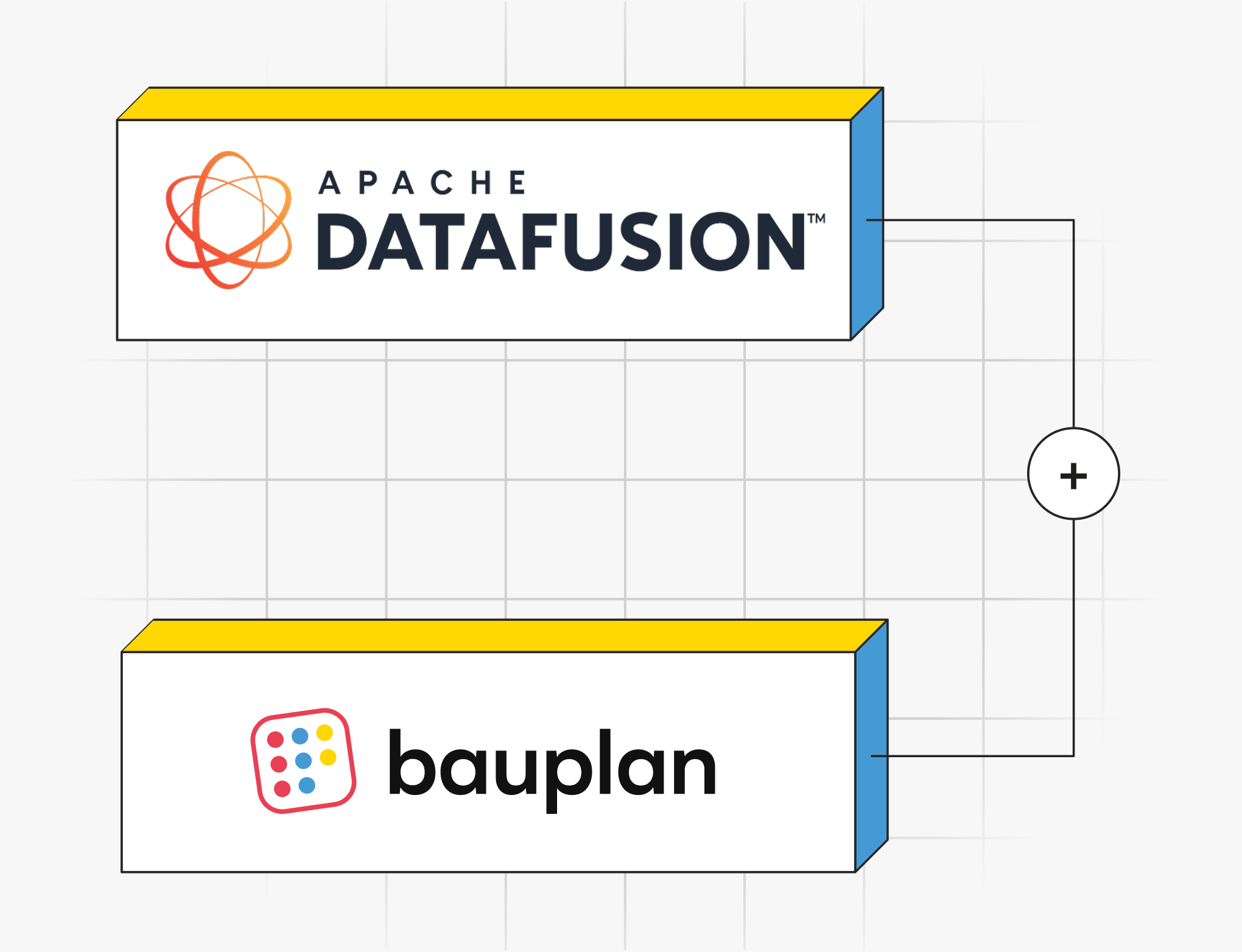
Google is back with a new edition of its experimental AI tool, Woolaroo, which lets you try and learn some indigenous endangered languages. It now supports 30 endangered languages spoken by diverse communities worldwide and utilizes Gemini to provide more context.
The tool was first launched in 2021 as an AI experiment from Google Arts & Culture, supporting ten endangered languages. The latest update brings support for 10 new African languages, as well as several others from Brazil, Mexico, Turkey, and Scotland.
You can find lesser-known names like Ibibio, spoken by the Ibibio-Efik people who primarily live in the south of Nigeria. Scottish Gaelic is commonly spoken in the Highlands of Scotland, and Potawatomi is spoken by the native Potawatomi tribe across the US and Canada.
Google notes that approximately 3,000, or about 40%, of the 7,000 languages spoken worldwide are endangered and under threat of disappearing. Its experimental tool is meant to "highlight the crucial work of cultural communities and researchers dedicated to preserving languages around the world," the search giant said in a blog post.
Woolaroo can be accessed through your phone's web browser or via the Google Arts & Culture app. You can point the phone camera at various objects around you to take pictures and discover their names in an endangered language. The tool also supports images locally stored on your device and works on desktops as well.
When you click an image, Woolaroo can detect multiple objects present in the frame and provide translated words in the language you select. You can also press the speaker button to know how a particular word is pronounced. You can even use your selfie to identify words for features such as the forehead, smile, eyebrows, and other facial characteristics.
Woolaroo relies on Gemini, Google Translate, and Cloud Vision to identify the objects in the frame and generate example sentences, according to the tool's description. Meanwhile, the translations for words were sourced directly from language researchers and cultural partners.
Google has worked with several partners on the project, including UNESCO. The organization declared the period from 2022 to 2032 as the International Decade of Indigenous Languages.
.png)




